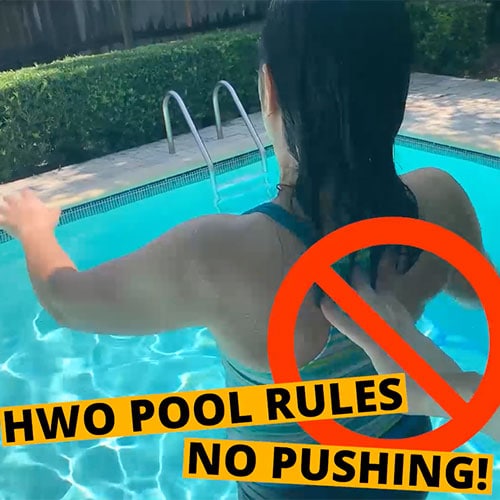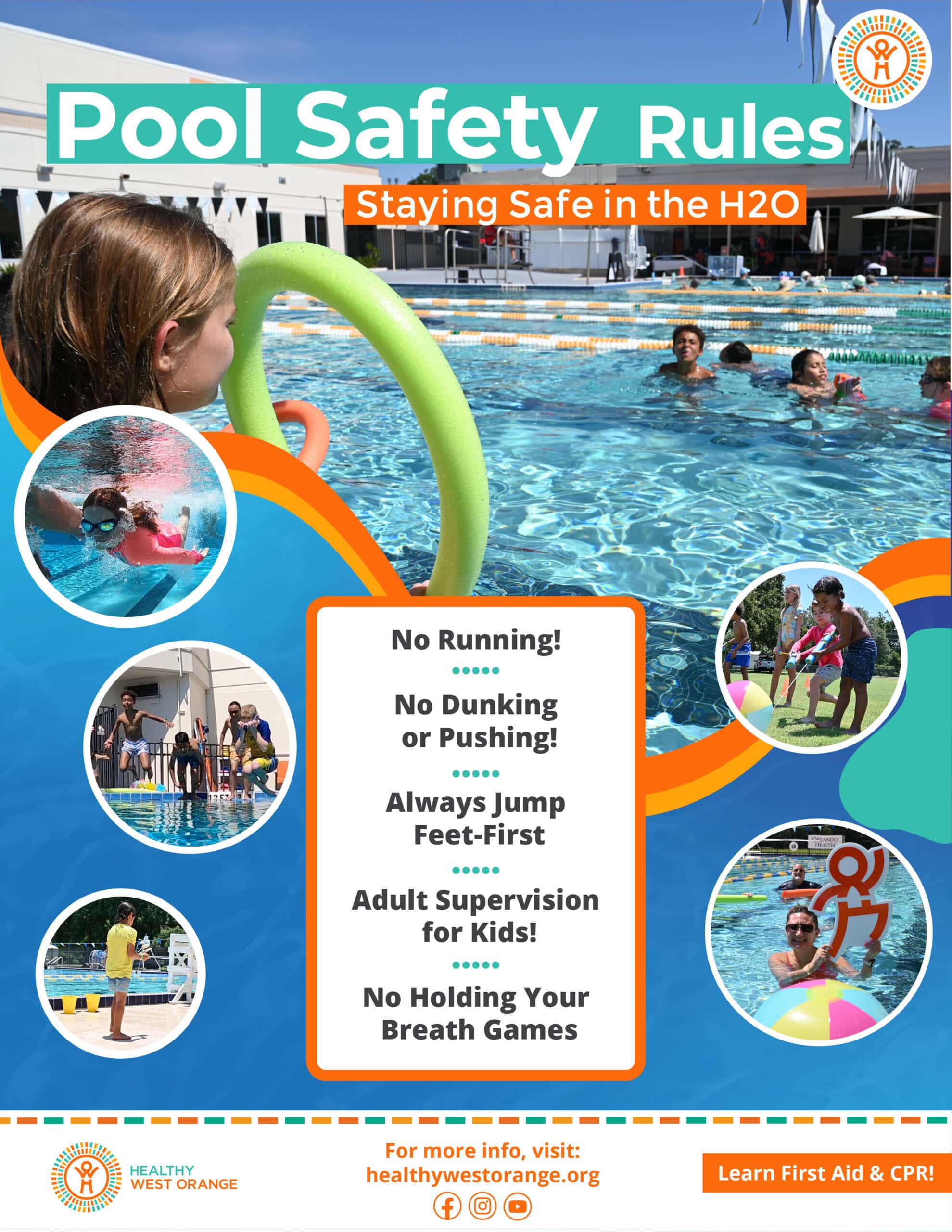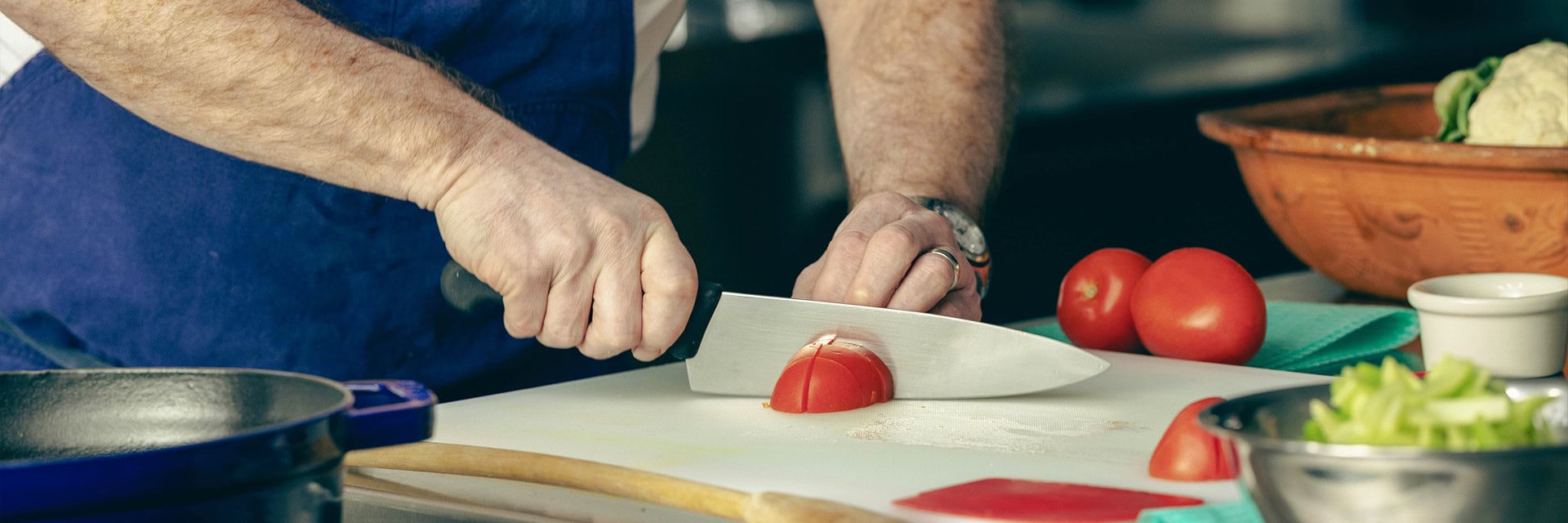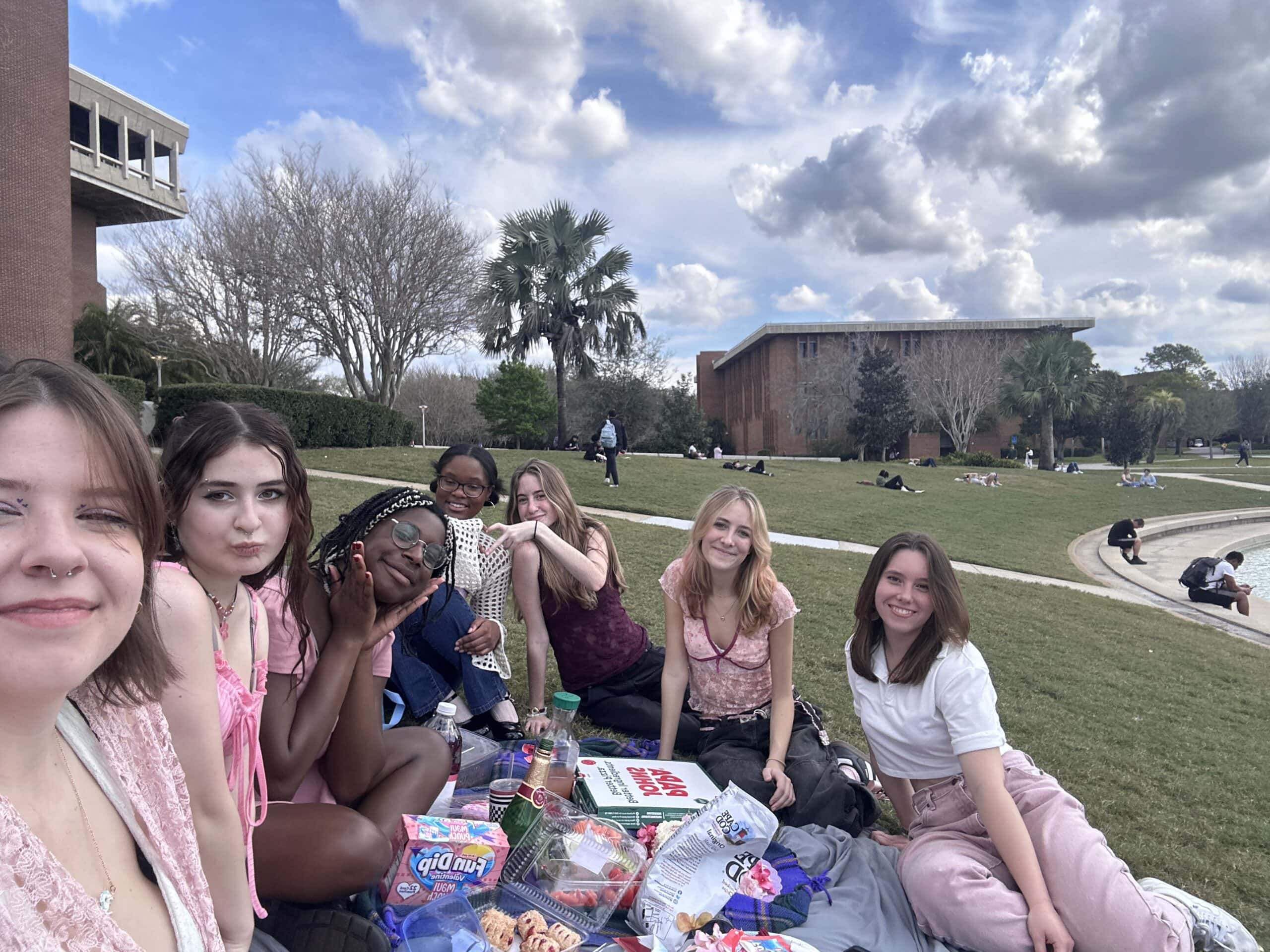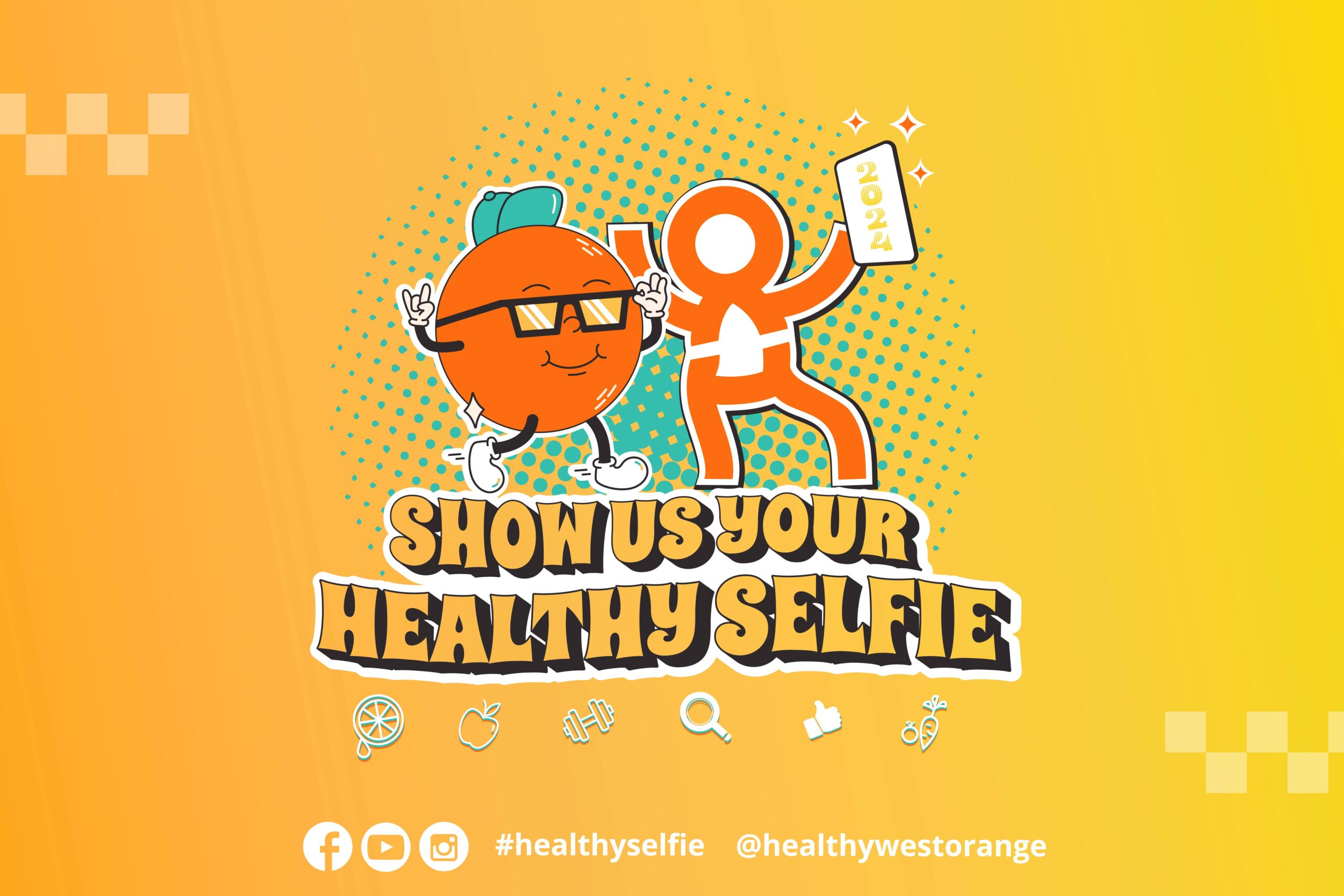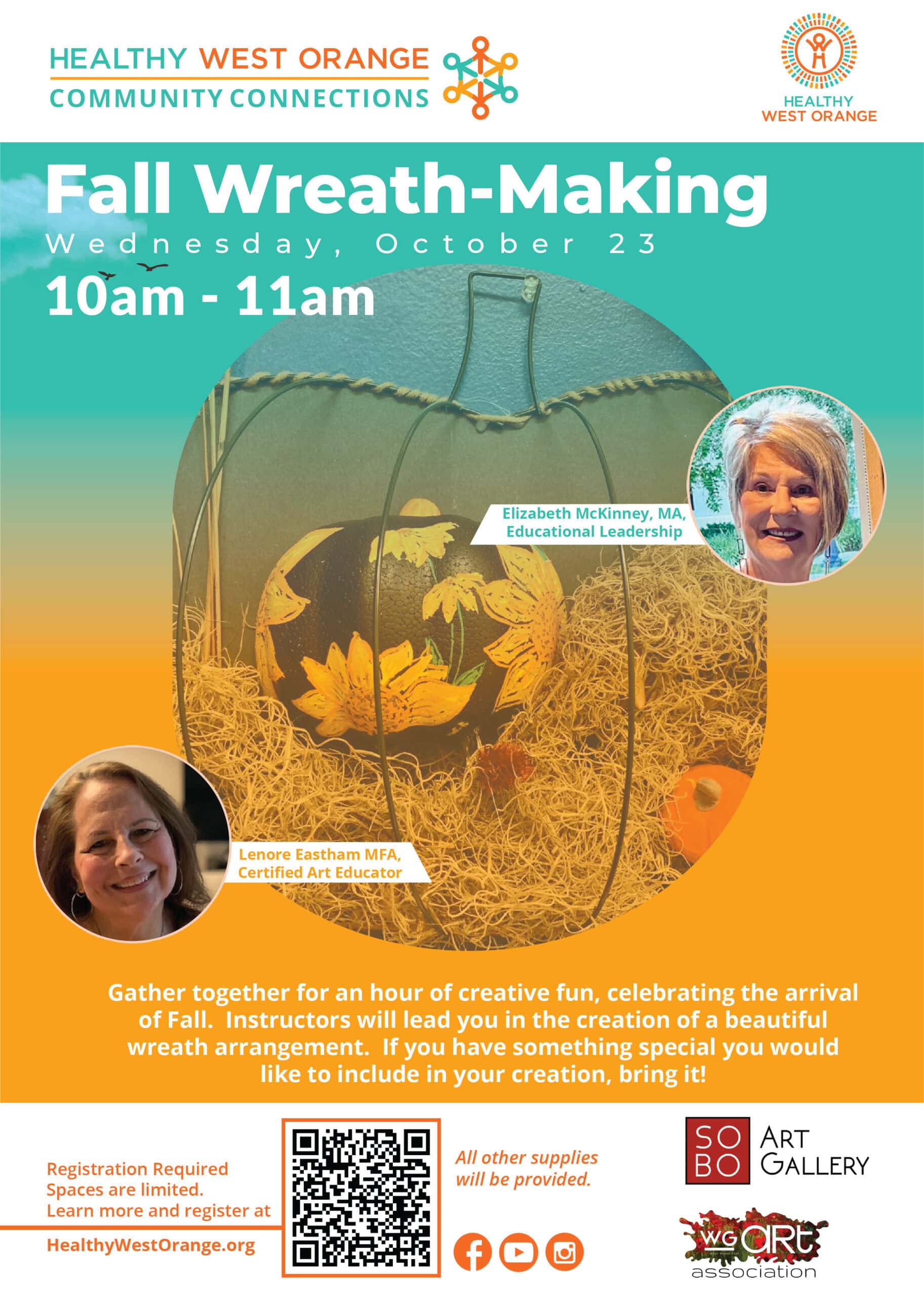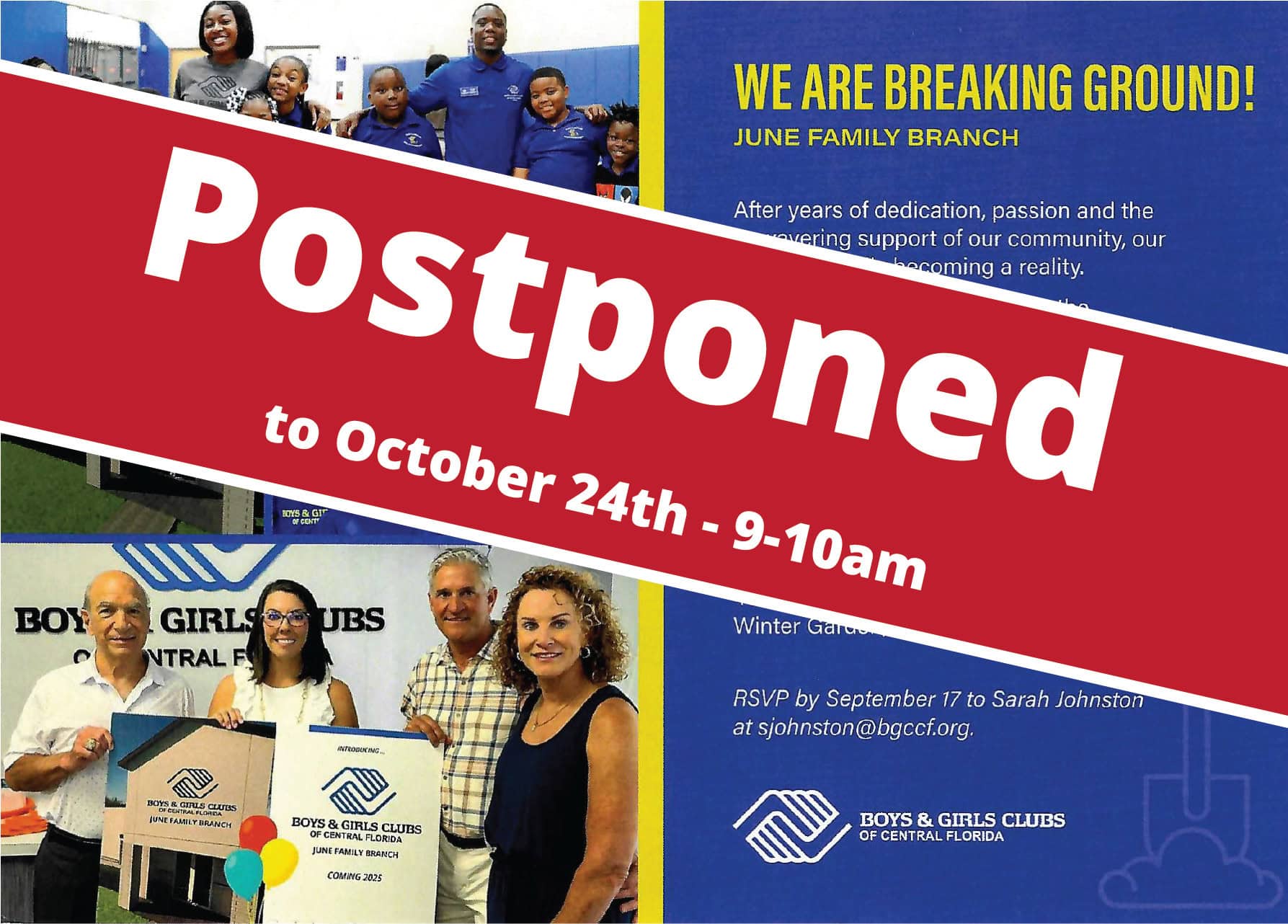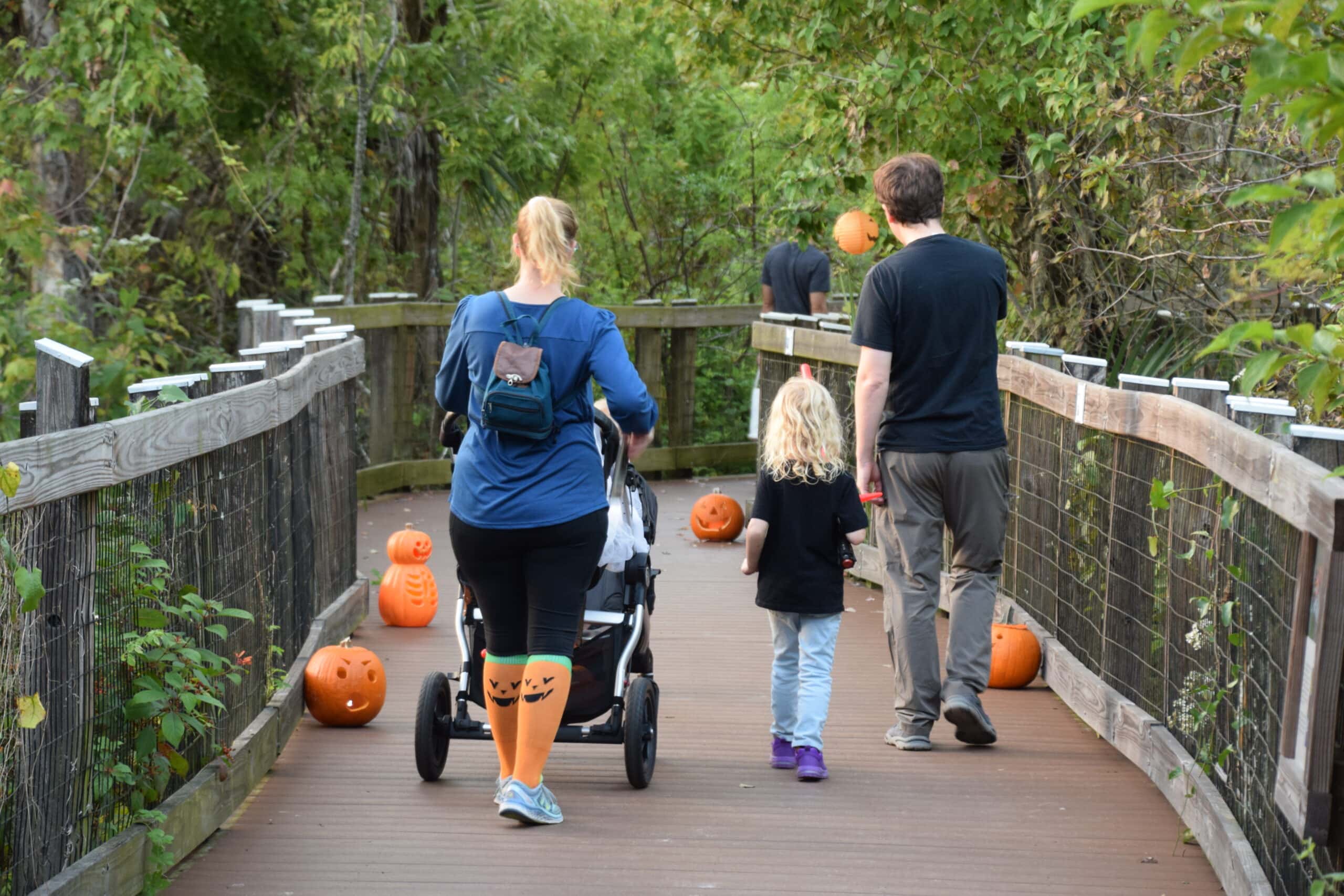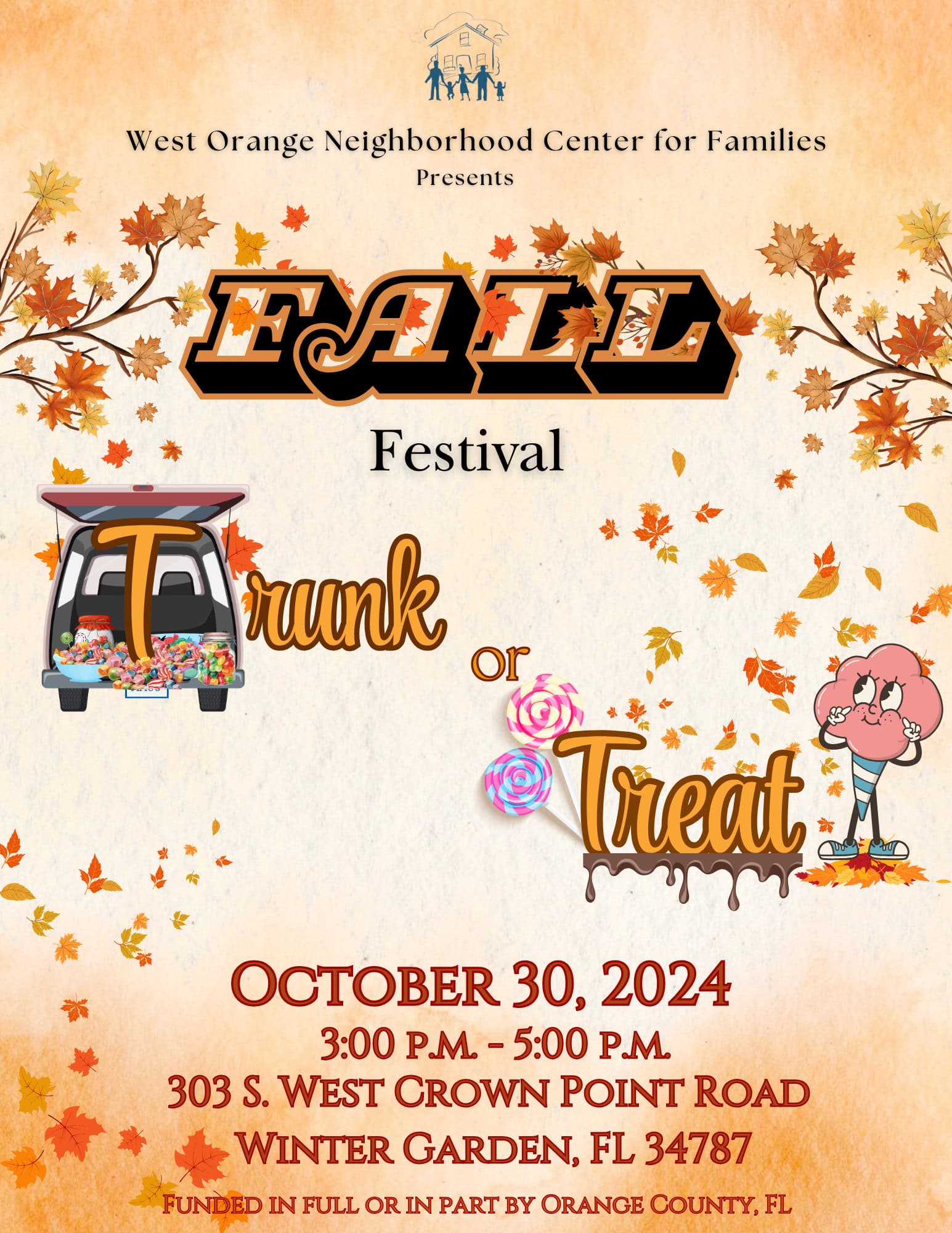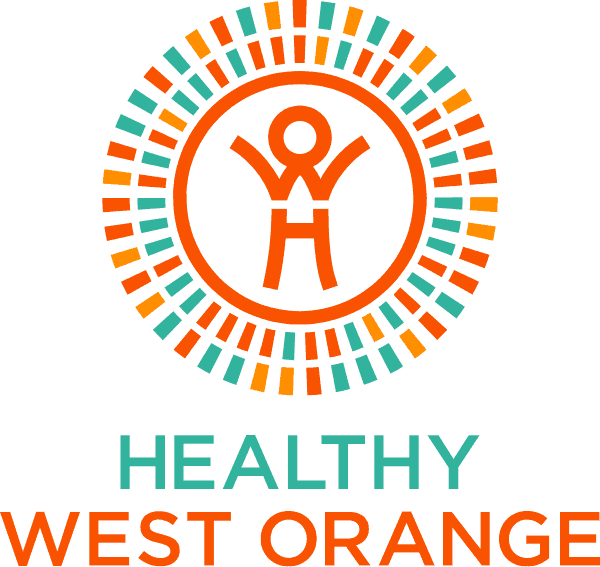Water Safety

Water Safety
It’s sweet, sweet summertime! In Central Florida, that means it’s HOT. Swimming, and all water activity, is a great way to get some exercise, stay cool, and something the whole family can enjoy! But as with most things, it comes with risk. We are here to help you be prepared this year for your summer fun, so let’s talk about water safety!
Water Safety Education
What: Water competency means being able to anticipate, avoid and survive common drowning situations. It encompasses water safety awareness, swimming skills, and assisting others.
Why: Drowning is an unfortunate and real risk. It is one of the leading causes of unintentional injury or death for young children between the ages of 1-14 and serves as a threat to adults of all ages.
How: Here are some ways you can be intentional to prepare for your summer splashing.
Swim Lessons: enroll your children in swim lessons.
- Orlando: Baby Otter Swim School
- Windermere: Southwest Aquatics
- Winter Garden: Big Fish Swim School, Safety First Swim School
- And don’t forget the YMCA’s – Roper YMCA & Dr. Phillips YMCA
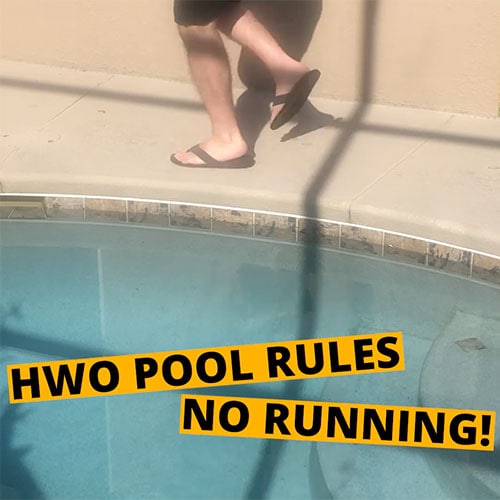
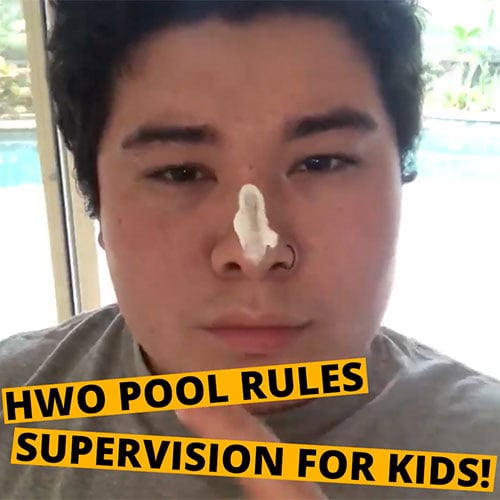
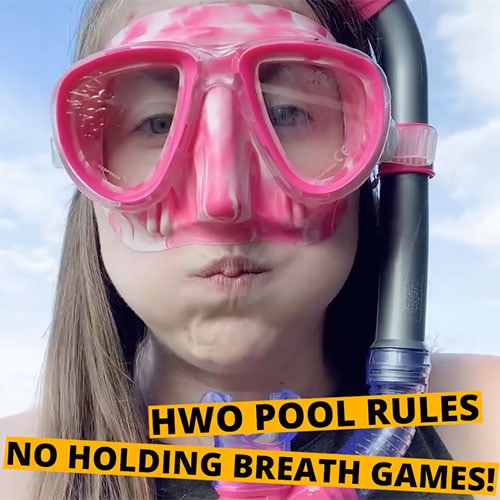
Swim Safely
Take note of these safety tips from the National Safety Council:
- Don’t go in the water unless you know how to swim; swim lessons are available for all ages.
- Find age-appropriate swim lessons for your child, but keep in mind that lessons do not make your child “drown-proof”.
- Never swim alone.
- Learn CPR and rescue techniques.
- Make sure the body of water matches your skill level; swimming in a pool is much different than swimming in a lake or river, where more strength is needed to handle currents.
- If you do get caught in a current, don’t try to fight it; stay calm and float with it, or swim parallel to the shore until you can swim free.
- Swim in areas supervised by a lifeguard.
- Don’t push or jump on others.
- Don’t dive in unfamiliar areas.
- Never drink alcohol when swimming.
- Never leave your child alone; if you have to leave, take your child with you.
- Lifeguards aren’t babysitters; always keep your eyes on your child.
- Don’t let children play around drains and suction fittings.
- Don’t underestimate the power of water; even rivers and lakes can have undertows.
- If a child is missing, check the water first.
Safety Parameters
✔ Secure barriers. It is advised that you install at least a four-foot gate/netting/fence around your pool.
✔ Empty portable pools: When not in use, drain inflatable pools. It only takes an inch of water for an accident.
✔ Remove toys from pool: When the pool is not in use, remove toys from the pool so they do not lure young children in, unsupervised.
✔ Follow or establish pool rules: When at a public pool, abide by the pool rules.
✔ When splashing at home, establish household pool rules to respect, like these rules from the YMCA:
- No running
- No dunking or pushing
- Always jump feet-first
- Kids do not swim unless under adult supervision
- Kids should not jump in the water to save a friend- instead reach or throw an object to pull them to safety. “Reach, throw, don’t go”
- Do not play “holding your breath games”
- Use the bathroom, not the pool
- Stay away from drain and pool filter covers
✔ Always keep a safety kit handy: scissors, life ring, reaching pole or rope. Be sure to keep emergency contacts handy as well.
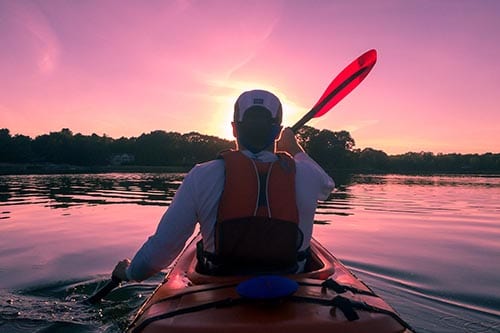
Boating Safety
Boating all year round is one of the best parts about living in Florida! It’s important to take precautions while you’re out on the water.
- Be sure to have essential supplies on board, like flashlights, duct tape, bucket, first aid kit, whistles, ropes, garbage bags, and a fire extinguisher.
- Never consume alcohol when operating a boat.
- Always make sure everyone is wearing U.S. Coast Guard-approved life jackets.
- For more info, check out our Boating Safety Tips blog.
CPR: It is the Difference Between Life and Death
When out at the pool, boating out on the lake, or spending a day at the beach, you could come across a medical emergency. Anyone can be educated in performing CPR and save a life.
- We partnered with Dana Perdigon; Registered Nurse, Lead Instructor/Director of an American Heart Association Training Site in Winter Garden; HeartCore Medical Training, and West Orange local. Dana taught our team how to perform CPR on adults, children, and infants. Check out the CPR tutorials here.
- HeartCore Medical Training provides local courses for CPR, including BLS, ACLS, PALS and HeartSaver CPR. These guidelines can be especially beneficial for teachers, daycare staff members, new parents and grandparents, fitness instructors, caregivers, and community members who frequent the West Orange Trail for exercise, for example. You never know when you’ll come across an emergency where you can jump in and help! Click here for more information on course registration.
- Free on-going CPR certification courses in Winter Garden: Register for instruction provided by Rural/Metro Ambulance, in support of the communities served by the Winter Garden Fire Rescue Department. Register in advance by calling 407-578-3636. Pre-registration is required.
- Study from home with this CPR guide from the American Heart Association.
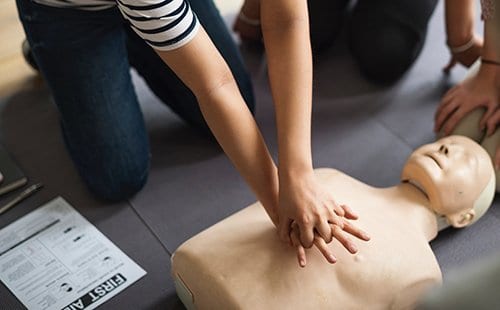
Go Have Fun!
Being prepared provides a sense of comfort and confidence. Don’t let the risks divert you, pay attention to these safety measures then go have a splash this summer!
To add to the fun, register here for Westly’s Splash Challenge! A virtual challenge you can complete at home with the whole fam, while getting active and staying cool.
We Want to Hear from You!
How do you plan to enjoy the water this summer?


